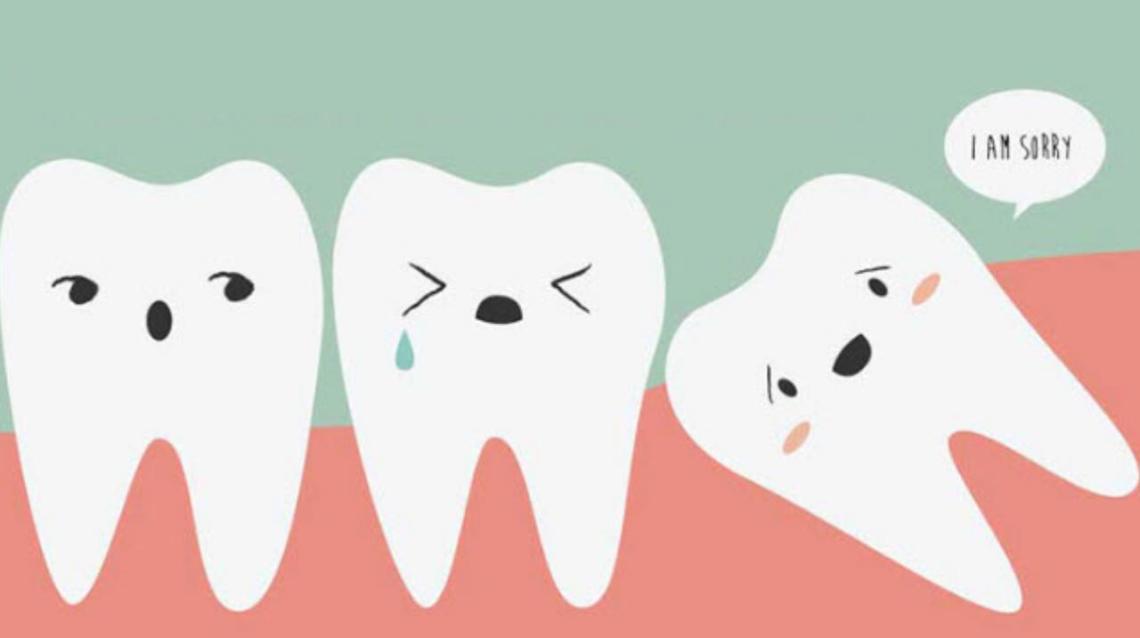

Regarding dental health, few topics generate as much discussion and concern as removing third molars, commonly known as wisdom teeth. These late-blooming teeth often cause anxiety for many individuals, as their emergence can lead to various complications. This article aims to provide a comprehensive overview of wisdom teeth, their potential issues, and the removal process.
Wisdom teeth are the final set of molars that typically appear in the late teens or early twenties. Most people develop four wisdom teeth, one in each corner of the mouth. However, it’s not uncommon for some individuals to have fewer or even no wisdom teeth.
Historically, wisdom teeth served a valuable purpose for our ancestors. They provided extra chewing power for processing tough, raw foods common in early human diets. As human diets evolved and cooking became widespread, the need for these additional molars diminished.
While some people never experience problems with their wisdom teeth, many others face various complications that necessitate removal. Here are some of the most common issues:
It’s essential to be aware of the signs that might indicate the need for wisdom teeth extraction. Some common symptoms include:
If you experience any of these symptoms, it’s crucial to consult with a dentist or oral surgeon for a professional evaluation.
The process of removing wisdom teeth can vary depending on the individual case. Here’s a general overview of what to expect:
Your dentist or oral surgeon will conduct a thorough examination, which may include X-rays, to determine the position and condition of your wisdom teeth.
Before the procedure, you’ll receive instructions on how to prepare, including any dietary restrictions and medication guidelines.
Depending on the complexity of the extraction and your comfort level, you may receive local anesthesia, sedation, or general anesthesia.
The dentist or oral surgeon will make an incision in the gum tissue to access the tooth and bone. They may need to remove some bone around the tooth or section the tooth into smaller pieces for easier removal.
After the tooth is removed, the site will be cleaned, and stitches may be used to close the wound.
You’ll receive instructions for post-operative care, including pain management and dietary restrictions.
Proper aftercare is crucial for a smooth recovery after wisdom teeth removal. Here are some key points to remember:
While wisdom teeth removal is generally safe, like any surgical procedure, it carries some risks. Potential complications include:
It’s important to follow your dentist’s or oral surgeon’s instructions carefully to minimize these risks.
If you’re experiencing persistent pain, swelling, or other concerning symptoms related to your wisdom teeth, it’s crucial to seek professional help. wisdom teeth removal Las Vegas and many other locations offer specialized services for addressing these issues. A qualified oral surgeon can assess your situation and recommend the best course of action.
While you can’t prevent wisdom teeth from developing, regular dental check-ups can help detect potential issues early. Your dentist can monitor the growth and positioning of your wisdom teeth through X-rays and examinations, allowing for timely intervention if necessary.
Understanding the broader impact of wisdom teeth on your oral health is essential. Here’s a table summarizing some key points:
| Aspect | Potential Impact |
| Alignment | Can cause crowding and misalignment of other teeth |
| Hygiene | Difficult to clean, increasing risk of decay and gum disease |
| Comfort | May cause pain and discomfort, affecting eating and speaking |
| Future Health | Impacted wisdom teeth can lead to cysts or tumors if left untreated |
Deciding whether to remove wisdom teeth is a personal choice that should be made in consultation with a dental professional. Factors to consider include:
Wisdom teeth removal is a standard dental procedure that can prevent numerous oral health issues. By understanding the potential problems associated with wisdom teeth and recognizing the signs that may indicate the need for removal, you can make informed decisions about your dental health. Early detection and timely intervention are crucial to maintaining a healthy, pain-free smile. If you have concerns about your wisdom teeth, don’t hesitate to consult with a dental professional who can provide personalized advice and treatment options.
Optimize your food processing facility by better understanding the critical ways gases can impact electrical…
Discover the best safety practices for restaurants, ranging from fire prevention to hygiene standards. Take…
Radon levels rise at higher elevations due to low air pressure and sealed homes. Learn…
There’s nothing worse than lighting a new candle and watching it sputter out, tunnel, or…
Discover how woven metal fabric transforms restaurant design with its versatility, from feature walls to…
Upgrading your workspace? Get inspired by design ideas for materials, lighting, and amenities, and tips…